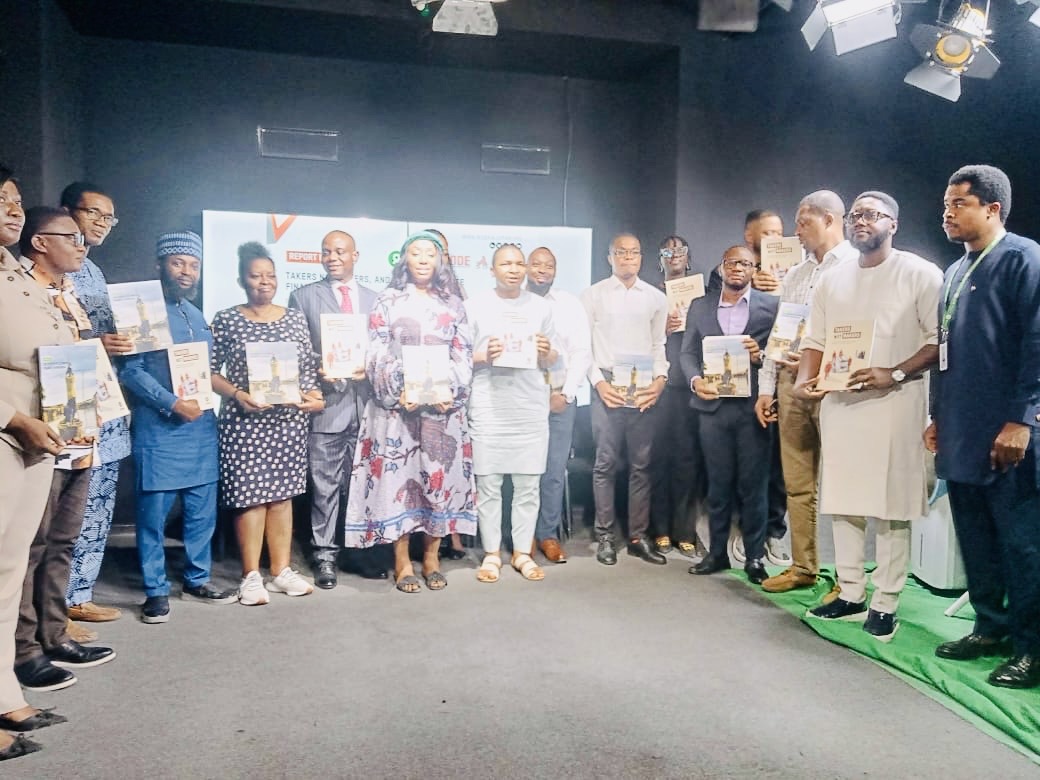Oxfam urges governments to reduce inequality in Nigeria
By Felicia Imohimi
Oxfam, an international non-governmental organisation, has urged all tiers of government to tackle inequality and wealth gap among Nigerians.
John Makina, Country Director, Oxfam in Nigeria, made the call at the unveiling of the State of Climate Finance in Nigeria Report and 2025 Davos report on Inequality in Abuja.
Makina, represented by Mr Hamzat Lawal, Chief Executive Officer, Connected Development (CODE), identified Nigeria’s wealth gap as a moral and social crisis.
He said that a few individuals amassed immense wealth while more than 133 million of the populace faced hunger daily.
“This extreme inequality is largely unearned, built on inheritance, monopolies and unfair advantages.
“We must act now to create a fairer system by taxing the richest, addressing injustices and investing in services that lift millions out of poverty.
“Tax the richest to end extreme wealth.’’
Makina recommended that global tax policy should fall under a new UN tax convention, ensuring the richest people and corporations paid their fair share.
He said analysis conducted by Oxfam showed that half of the world’s billionaires lived in countries with no inheritance tax for direct descendants.
The country director said inheritance needed to be taxed to dismantle the new aristocracy.
According to him, report by the Federal Inland Revenue Service (FIRS) shows that only 40 wealthy individuals pay taxes in Nigeria.
“The other question is whether the taxes they pay are fair to the income/profit they make.
“The ongoing tax and fiscal reforms must put a search light on taxing the rich, not just the billionaires but the millionaires in hundreds”.
Makina said the purpose of the study was to develop climate financing information towards ensuring meaningful and informed participation of citizens in social and financial accountability of climate finance with focus at both national and local levels.
“By providing strategic development of resources and information on climate finance in Nigeria, this study will help inform partners about Oxfam’s current and future climate finance programming and advocacy in Nigeria. (NAN) (www.nannews.ng)
Edited by Shuaib Sadiq and Chijioke Okoronkwo




